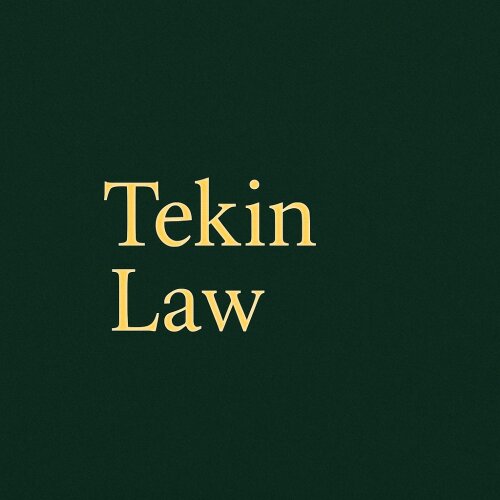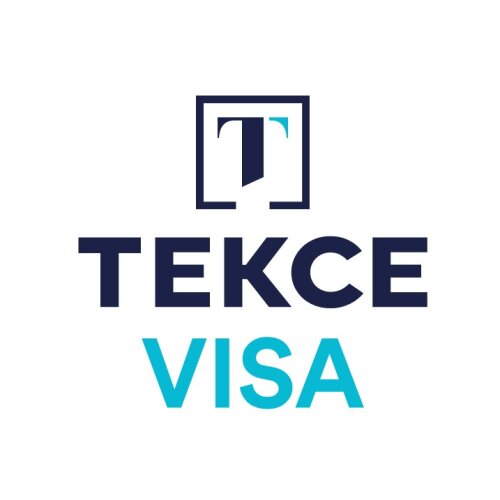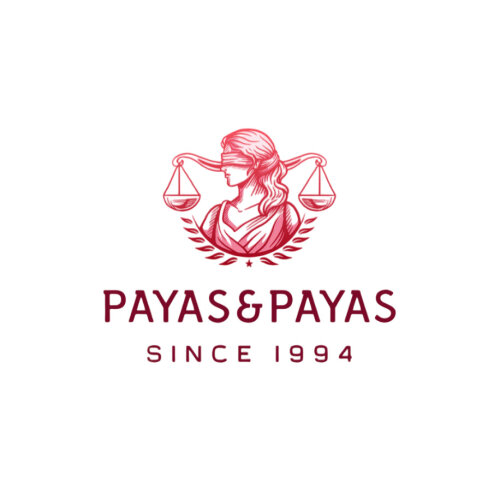Best Housing, Construction & Development Lawyers in Turkey
Share your needs with us, get contacted by law firms.
Free. Takes 2 min.
Free Guide to Hiring a Real Estate Lawyer
Or refine your search by selecting a city:
List of the best lawyers in Turkey
Legal guides written by Tekin Law Firm:
- Arbitration in Turkey
About Housing, Construction & Development Law in Turkey
Housing, construction, and development are pivotal elements of Turkey's rapidly expanding economy. With a robust housing market and an increasing number of both domestic and foreign investors, the legal framework governing this sector is both critical and complex. The legal landscape in Turkey for these matters is governed by a combination of national civil and administrative laws, as well as specific regulations pertaining to zoning, environmental issues, health, and safety. The goal is to ensure that construction and development projects are carried out sustainably and ethically, while protecting the rights of buyers and sellers.
Why You May Need a Lawyer
There are numerous scenarios where individuals or businesses may require legal assistance in the housing, construction, and development sectors in Turkey:
- Real Estate Transactions: Buying, selling, or leasing property often involves complex contracts and negotiations.
- Planning and Zoning Issues: Understanding local zoning laws and resolving disputes with local authorities can be intricate.
- Construction Disputes: Disagreements between contractors and employers over delays, non-compliance, or quality of work.
- Permits and Licensing: Navigating the bureaucratic process of obtaining necessary permits for development projects.
- Foreign Investment: Legal guidance on buying property as a foreign investor in compliance with Turkish law.
- Landlord and Tenant Disputes: Issues arising from rental agreements, maintenance obligations, or eviction procedures.
Local Laws Overview
The legal framework surrounding housing, construction, and development in Turkey involves several key aspects:
- Zoning Regulations: Decide what types of buildings can be constructed in various areas, impacting land use and building restrictions.
- Construction Permitting: Detailed procedures and requirements for obtaining necessary permissions from local authorities.
- Consumer Protection Laws: Protects buyers in the real estate market, particularly with respect to pre-construction sales.
- Housing Development Laws: Regulate structural integrity, public amenities, and ecological considerations for housing projects.
- Environmental Regulations: Include standards to minimize environmental impact during and after construction.
Frequently Asked Questions
1. Can foreigners buy property in Turkey?
Yes, foreigners can buy property in Turkey with certain restrictions, including the type and location of the property.
2. What types of permits are required for construction?
Typically, a construction permit and a usage permit are required, with additional permissions depending on the project's nature and location.
3. How does the zoning system work?
Zoning laws define what types of buildings can be constructed where, balancing residential, commercial, and industrial needs.
4. What should I consider in a real estate contract?
Key aspects include property description, price, payment terms, deadlines, and conditions for cancellation or penalties.
5. What are my rights as a tenant?
Rights include receiving the property in good condition, privacy, and being protected against unjust eviction under the Residential Tenancy Law.
6. Do I need a lawyer for a property transaction?
While not legally required, a lawyer can help ensure all legal requirements are met and protect your interests in the transaction.
7. How can I resolve a construction dispute?
It's advisable to seek mediation first, and if unresolved, legal action can be pursued with a civil court specialized in construction law.
8. What is the process for urban transformation projects?
Urban transformation involves rehabilitation or redevelopment of older areas, often requiring special development plans and government approval.
9. Are there special laws for green building practices?
Yes, adherence to certain environmental and sustainability standards is encouraged and sometimes mandated for new developments.
10. How is property inheritance handled in Turkey?
Inheritance laws require a notarized will or legal transfer upon death, and foreign nationals should seek specific advice due to potential complexities.
Additional Resources
For additional information and support, the following resources can be particularly helpful:
- Ministry of Environment and Urban Planning: Offers guidelines and regulations on building and development.
- Turkish Real Estate Directory: Provides listings and resources for property transactions.
- Local Municipality Offices: They are the first point of contact for permits and zoning information.
- REIDIN: A reliable source for real estate data and analytics.
- Turkish Chamber of Civil Engineers: Offers professional guidance and networking opportunities.
Next Steps
If you require legal assistance, the following steps are recommended:
- Research and Prepare: Gather all relevant documents and facts about your situation.
- Consult a Lawyer: Approach a lawyer specialized in housing, construction, and development law for advice specific to your circumstances.
- Evaluate Your Options: Consider legal recommendations and assess the best course of action.
- Formalize Representation: If necessary, hire a lawyer to represent you or handle legal procedures on your behalf.
- Stay Informed: Keep updated on any legal changes that might affect your case or project.
Lawzana helps you find the best lawyers and law firms in Turkey through a curated and pre-screened list of qualified legal professionals. Our platform offers rankings and detailed profiles of attorneys and law firms, allowing you to compare based on practice areas, including Housing, Construction & Development, experience, and client feedback.
Each profile includes a description of the firm's areas of practice, client reviews, team members and partners, year of establishment, spoken languages, office locations, contact information, social media presence, and any published articles or resources. Most firms on our platform speak English and are experienced in both local and international legal matters.
Get a quote from top-rated law firms in Turkey — quickly, securely, and without unnecessary hassle.
Disclaimer:
The information provided on this page is for general informational purposes only and does not constitute legal advice. While we strive to ensure the accuracy and relevance of the content, legal information may change over time, and interpretations of the law can vary. You should always consult with a qualified legal professional for advice specific to your situation.
We disclaim all liability for actions taken or not taken based on the content of this page. If you believe any information is incorrect or outdated, please contact us, and we will review and update it where appropriate.
Browse housing, construction & development law firms by city in Turkey
Refine your search by selecting a city.

















